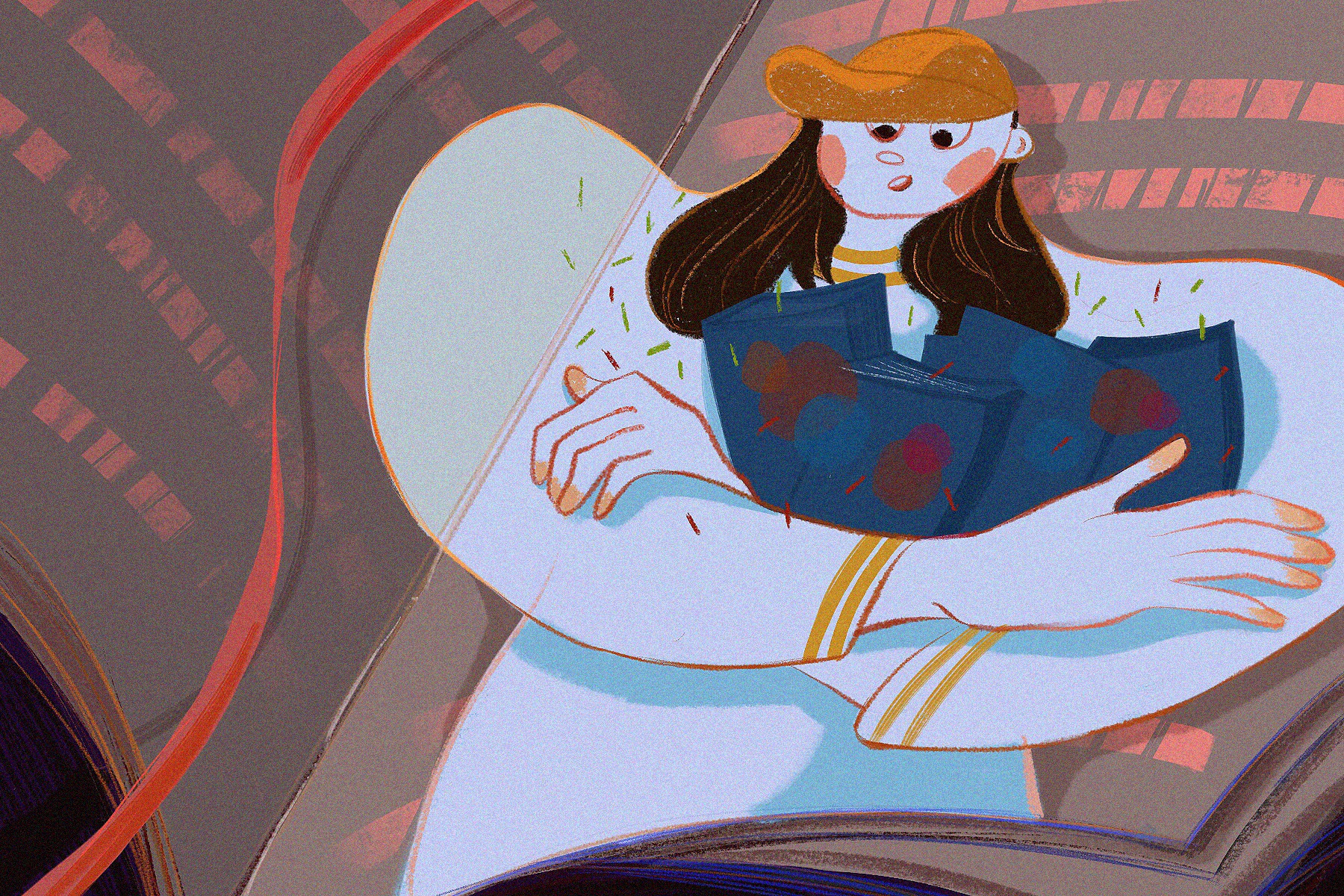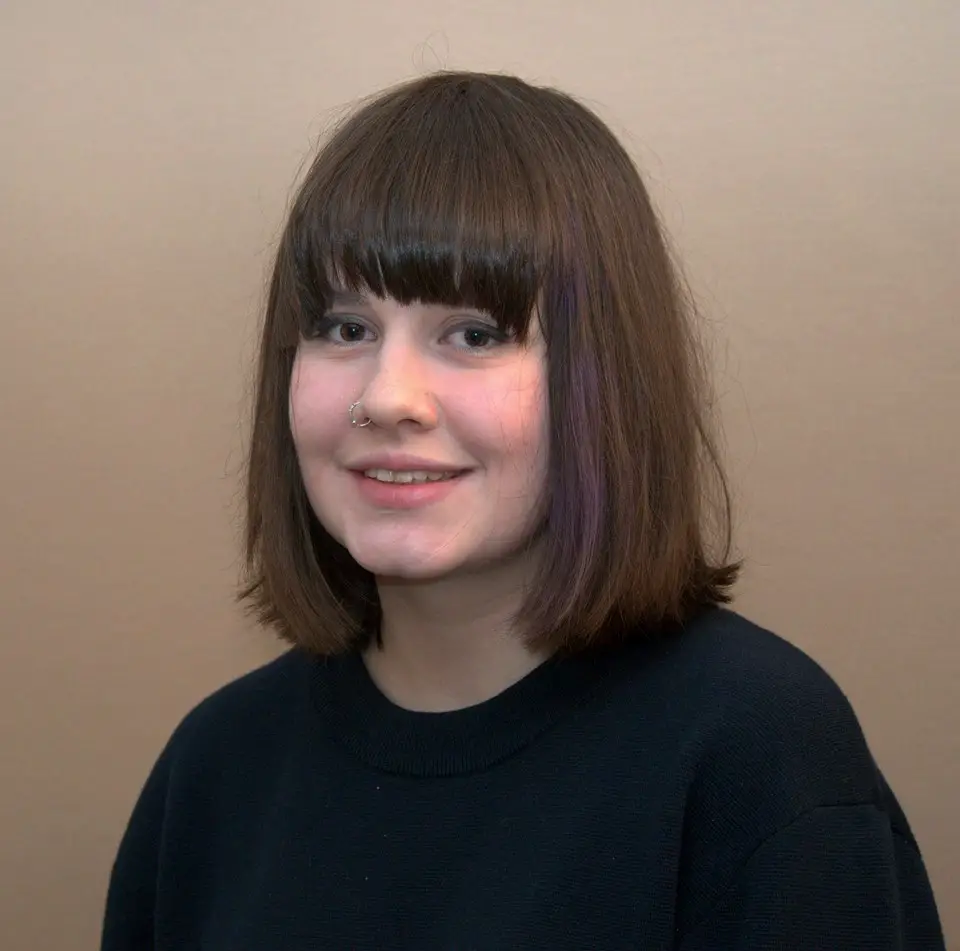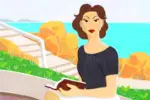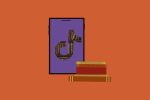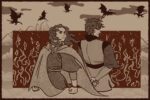I hear the same complaint over and over from countless college kids and twenty-somethings: “I used to love reading as a kid but I never read anymore.” It sucks being a proficient reader in the past but see it gradually tail off as you get to high school, college or your first job. And it’s hard to fix; for myself and a lot of people I know, our attention spans just aren’t the same. Maybe it’s the internet, being perpetually tired or having more stress to deal with, but reading just isn’t as easy as it used to be — not to mention it’s just not as magical. It’s harder to get lost in an imaginary world now.
But it’s not impossible to become the bookworm you once were again. Getting back into books — or discovering books for the first time for that matter — is incredibly rewarding and definitely worth doing.
I think it’s particularly important as a student. Not only do you likely have free, nearby access to hundreds of thousands of books in college, but university is a time where you really start to discover who you are, learn more about the world around you and have memorable formative experiences. So many books deal with the kind of questions you face at college: Who am I? Who do I want to become? What is my place in the world?
Before that, though, there’s a more pressing question: Where to start? How about:
1) Check out sections for genres you love.
Part of why some people go off reading as an adult is that they’re discouraged from genre fiction and directed towards literary fiction and non-fiction. I personally enjoy both, but a kid, I mostly used to read dystopia and fantasy. I recently got back into it and was surprised by how I started flying through books, just like I used to. Reading suddenly became so much fun, in a way that Hemingway, as incredible as his writing is, just … isn’t.
Lots of people are in the same boat as me; maybe you liked scary books as a kid, or mysteries, or coming of age stories. If you never liked reading, you might have a particular film genre you love: horror, romance, action, etc. The point is, no matter what that genre is, find the section for it at your local bookstore or library and dig in. You might discover a new favorite author.
2) Replace phone browsing with reading time.
It’s hard to find time to read when you’re busy with school or work, but a lot of people, myself included, find themselves browsing Facebook, Instagram or Twitter in bed every night before going to sleep. If you replace this time with reading, not only are you squeezing more (kind of) productive time into your day, you’re also doing your sleep schedule a favor. While the blue light of phone screens keeps you awake, reading is likely to make you more sleepy, and it puts your brain in night-mode for a better sleep.
You can also swap listening to music or podcasts for books if you feel like switching your routine up a bit. Try turning on an audiobook at the gym or on the bus. It’s a good antidote if you’re sick of Blue Apron promotions and Spotify ads taking you out of your zone.
As a general rule, if you find you don’t have enough time in your day to do all the things you want to, it’s worth examining the time you’re on your phone. It might just be in small snatches — again, in bed, or on your commute or in the line at Starbucks — but it adds up.
3) If you love a movie, read the book.
If you really don’t know where to start or re-start with reading, think about a movie you love. There’s a good chance it’s based on a book, and its often one that’s even better than the film. You probably know about classic films that are based on books: “Gone With the Wind,” “Silence of the Lambs” and “Forrest Gump,” just to name a few. But the same goes for more recent movies: for instance, “Love, Simon,” “Crazy Rich Asians” and “BlacKkKlansman.”

And as a side note, if your favorite films are Marvel movies, that’s the perfect reason to get into comics and graphic novels. I became more interested in graphic novels after watching “Scott Pilgrim vs The World,” which is based on a comic book series. Graphic novels in general are really underrated; they absolutely can be as well-crafted and thought-provoking as prose.
4) Ignore the narrative of who you “should” read.
I actually strongly believe everyone should try out “classic” literature, by which I mean acclaimed and/or famous works that form a part of the historical and cultural canon. But if you try reading say Twain, or Marlowe or Dickens, and you find you don’t like them, you don’t have to carry on reading them. It took me so long to figure that out, and to realize I’m actually allowed to hate “Paradise Lost.”
Part of the problem which puts some people off classic lit, in my opinion, is that only certain voices are considered part of the canon, leading to a historical, cultural narrative missing the world views of people of color, women, LGBT people and people from third world countries. Of course you might genuinely not enjoy older or more literary fiction, but you might also be put off by Kerouac’s misogyny and Lovecraft naming a character’s cat after a racial slur.
If you want to read the classics, but you also want access to more diversity and subversive voices, that’s absolutely possible. As a random selection of some of the more interesting authors who are somewhat lesser-known — perhaps partly due to their nationality, race or gender — I’d recommend Chinua Achebe, Charlotte Perkins Gilman, Nawal El Saadawi, Harriet Jacobs, Aphra Behn, Derek Walcott and Rabindranath Tagore.
5) Go on a blind date with a book.
Blind Date with a Book is an online book store where you purchase books without knowing exactly what book it is you’re ordering. The premise is to not judge a book by its cover — literally. Books are wrapped in paper so you don’t know the title, author or cover art. Instead, key facts about the stories are written on the paper. The store uses “intriguing clues” for its book descriptions rather than plot summaries; for instance, one book on its site is described as “Thalassophobia, Man vs nature, Submarines, Adventure, Sci-Fi classic” (my personal guess is — possible spoiler alert — “20,000 Leagues Under the Sea”).
This method of selling books means you have to choose solely based on if the description sounds interesting to you. It’s a great way to discover a book, series, author or even genre that you never would have done otherwise. On its website, Blind Date with a Book explains that “we pick books that readers may have missed by great authors or other great books that perhaps did not receive the publicity that they deserved.” There are also lots of book blind date events held at bookstores, libraries and college campuses. Have a Google and see if there’s one local to you.
The late Maya Angelou once said, “If I were a young person today, trying to gain a sense of myself in the world, I would do that again by reading.” So good luck, and happy reading.


